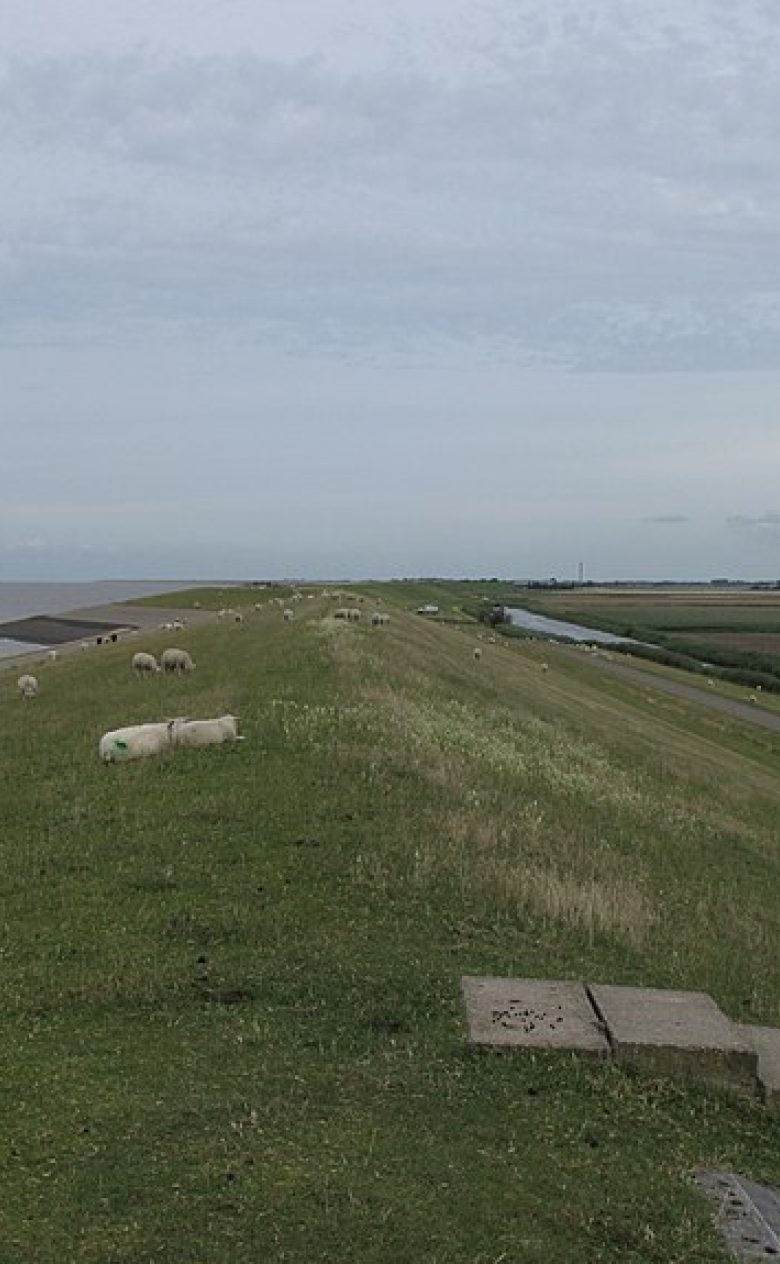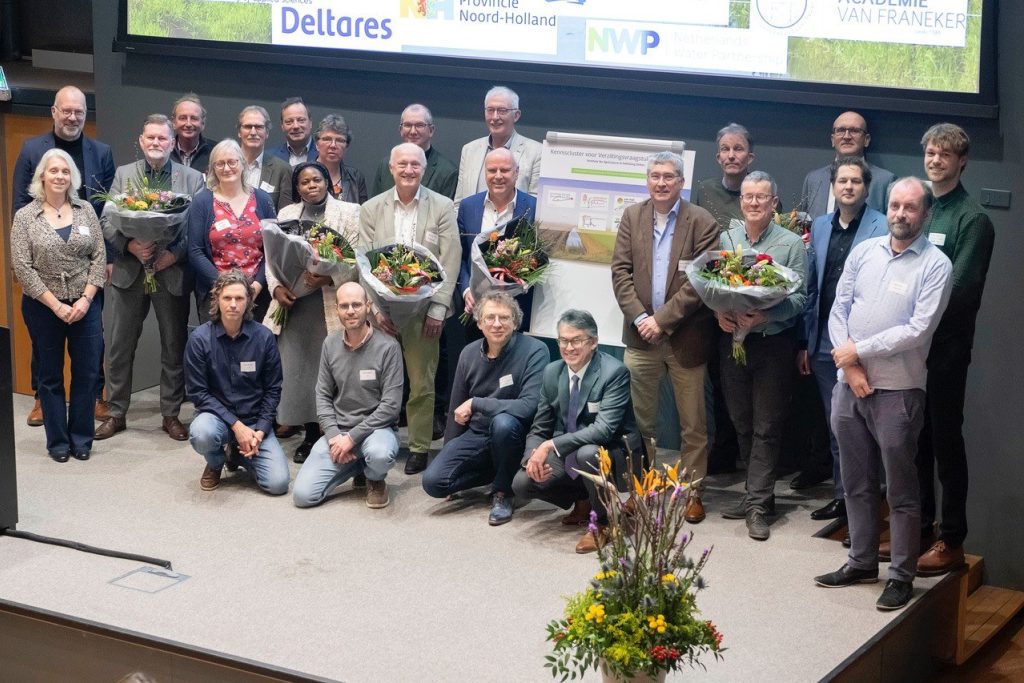Dutch organisations combine knowledge about controlling salinisation in deltas
Due to climate change, sea level rise and subsidence, the salinisation of the inland dike lands along the Dutch coast, but also in other deltas, is gradually increasing. This is due to an increase in the concentration of salt in the water system. As a result, the available amount of freshwater decreases. Salinisation also makes ground and surface water less suitable to use. Salinisation leads to damage to agricultural crops and threatens food production.

Three knowledge institutes, one of them Deltares, and three universities of applied sciences are therefore joining forces and joining forces in Knowledge Cluster for Agriculture in Salinising Deltas with the aim of learning to use the available freshwater sparingly and smartly and to make our agricultural system salinisation-proof.

Unique collaboration
Thanks to its combination of applied water, soil and crop knowledge, the initiative is unique in the Netherlands and internationally relevant. Deltas in the world face the same threats and consist predominantly of clay-rich soils. Clay is very sensitive to salinisation. Once degraded soil has a poor structure, it is less fertile and that will lead to lower yields and ultimately a lower income of the farmer. The increasing salinisation of ground and surface water reduces the availability of water for agriculture and many other functions and requires timely, robust, and sustainable solutions.
The emphasis of the Knowledge Cluster is on limiting the impact of salinization as much as possible on the basis of thorough system understanding and practical knowledge (water, soil and crops). In addition, possibilities for adapting crops to more salty conditions are considered. The application is accelerated by working together in a Living Lab to develop and evaluate effective measures in the crop systems and in local and regional water management.
Mindert de Vries, expert ecosystem and sediment is enthusiastic about the initiative and says; 'This initiative to work together in the Delta Knowledge Cluster on Salinisation Issues is unique because it unites organisations working on soil, water and food production, in the low-lying highly productive deltas.'
By bringing together knowledge and experience from various coastal
regions in the Netherlands together with national en international
leading knowledge partners, the Cluster gathers crucial building blocks
to take up the issue of increasing salinisation and decreasing
availability of freshwater.
Perry de Louw, geohydrologist at Deltares therefore states: 'All the knowledge is present in the cluster to jointly come up with solutions that can be summarised as (1) counter salinisation by raising groundwater levels or extracting saline groundwater (2) making more freshwater available by additional infiltration or adjustments to drainage systems or (3) reducing the demand for freshwater by drip irrigation and more salt-tolerant crops.'
The partners will work with governments and
businesses on a National Knowledge Agenda for Salinisation. The
knowledge cluster promotes coherence and collaboration in research and
projects.
Founding partners
The initiator is the province of Fryslân. But has been helped with the substantive work of the set up by its “founding partners” being University of Groningen, Deltares, Wageningen University & Research, Van Hall Larenstein University of Applied Sciences, Hanze University of Applied Sciences and HZ University of Applied Sciences. The Knowledge Cluster invites interested parties to join and actively participate in future projects, sharing knowledge and to work on the National Knowledge Agenda.
The Knowledge Cluster for Agriculture in Salinising Deltas will be located at the WaterCampus in Leeuwarden, the Netherlands.

